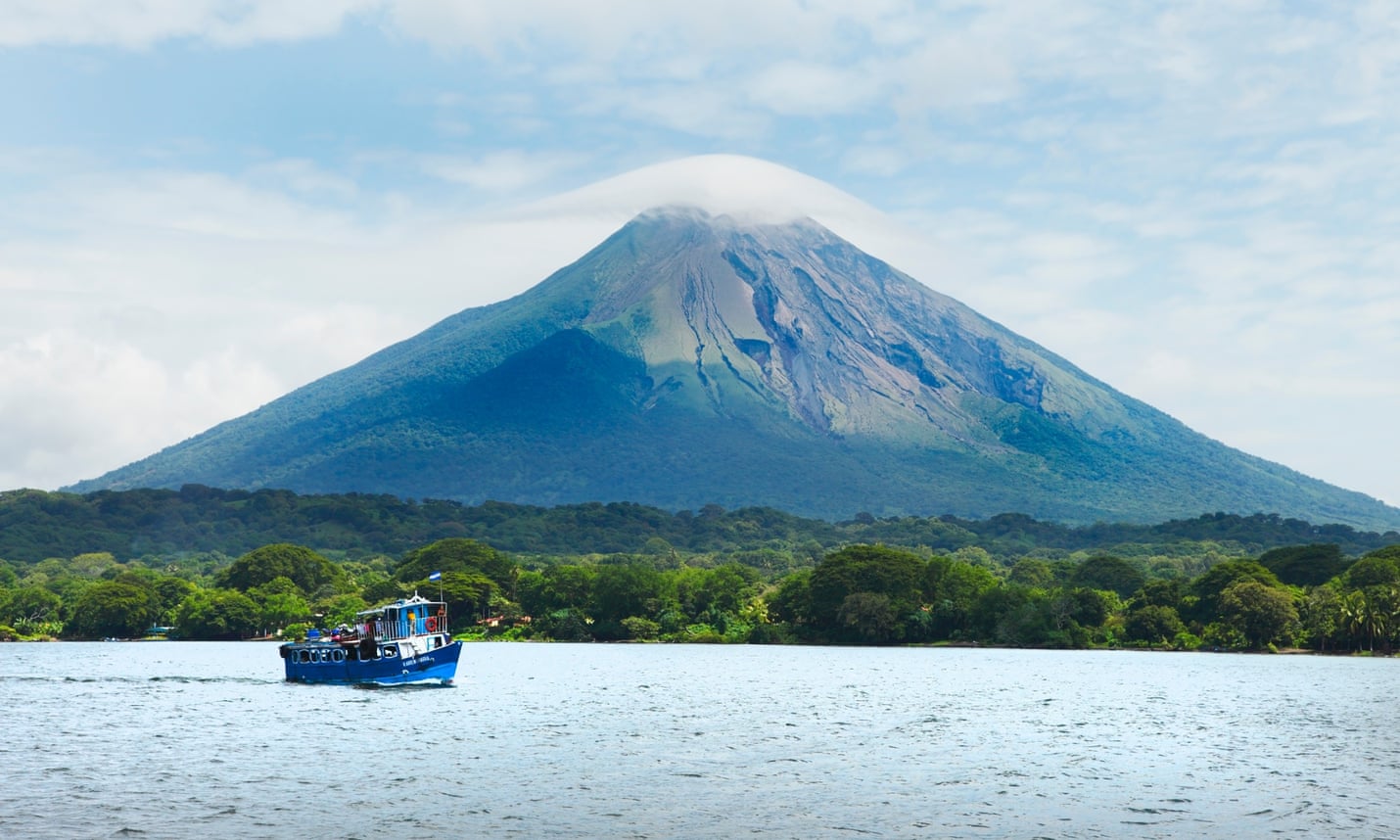By Lyndsey Kelly
Impunity Watch Reporter, North America
WASHINGTON, D.C., – United States of America – On Thursday 5 February 2015, the United States Supreme Court put a hold on the execution by Texas of convicted murderer Lester Bower. The Court says that it will hear Bower’s full appeal including his assertion that the U.S. Constitution’s ban on cruel and unusual punishment has been violated by his more than 30-year stay on death row. According to Bower’s court filings he has faced imminent execution on six different occasions.
Bower, 67, was sentenced to death for the murders of four men in 1983. The killings took place at an airplane hangar on a Grayson County ranch about 60 miles north of Dallas. During the trial the prosecution stated that Bower killed Bob Tate in order to steal an ultralight plane that Tate was attempting to sell, when three other men unexpectedly showed up at the hangar Bower killed them as well. The victims included a county sheriff’s deputy and a former police officer.
Bower, one of the longest-serving prisoners on death row in Texas, was schedules to be executed on 10 February. However, he asked for the Supreme Court to consider his appeal, which is currently pending. The next time the nine justices are scheduled to meet to discuss potential new cases is 20 February. The justices have no reason for their ruling, stating only that if they deny his appeal the reprieve will be lifted.
Bower’s case raises a different issue than the Supreme Court agreed to hear last month concerning an Oklahoma execution. That case involved whether Oklahoma State Correctional Department’s use of the drug Midazolam, as part of its lethal injection procedures, constitutes cruel and unusual punishment. However, the 4th Circuit U.S. Court of Appeals has recently heard another claim involving the constitutionality of the death penalty. Texas death row inmate, Scott Panetti, who was scheduled to be executed, asked the court to review the constitutionality of whether a state can execute someone who is severely mentally ill. The Court of Appeals has stayed his execution, pending the appeal.
For more information, please see the following:
CNN – Court Orders Texas Killer’s Execution Postponed – 3 Dec. 2014.
HUFFINGTON POST – Supreme Court Halts Texas Execution of Convicted Killer Lester Bower – 5 Feb. 2015.
REUTERS – U.S. Supreme Court Halts Texas Execution of Convicted Killer – 5 Feb. 2015.
TOLEDO BLADE – Supreme Court Gives Reprieve To Texas Inmate Facing Execution Next Week For Killing 4 – 5 Feb. 2014.

